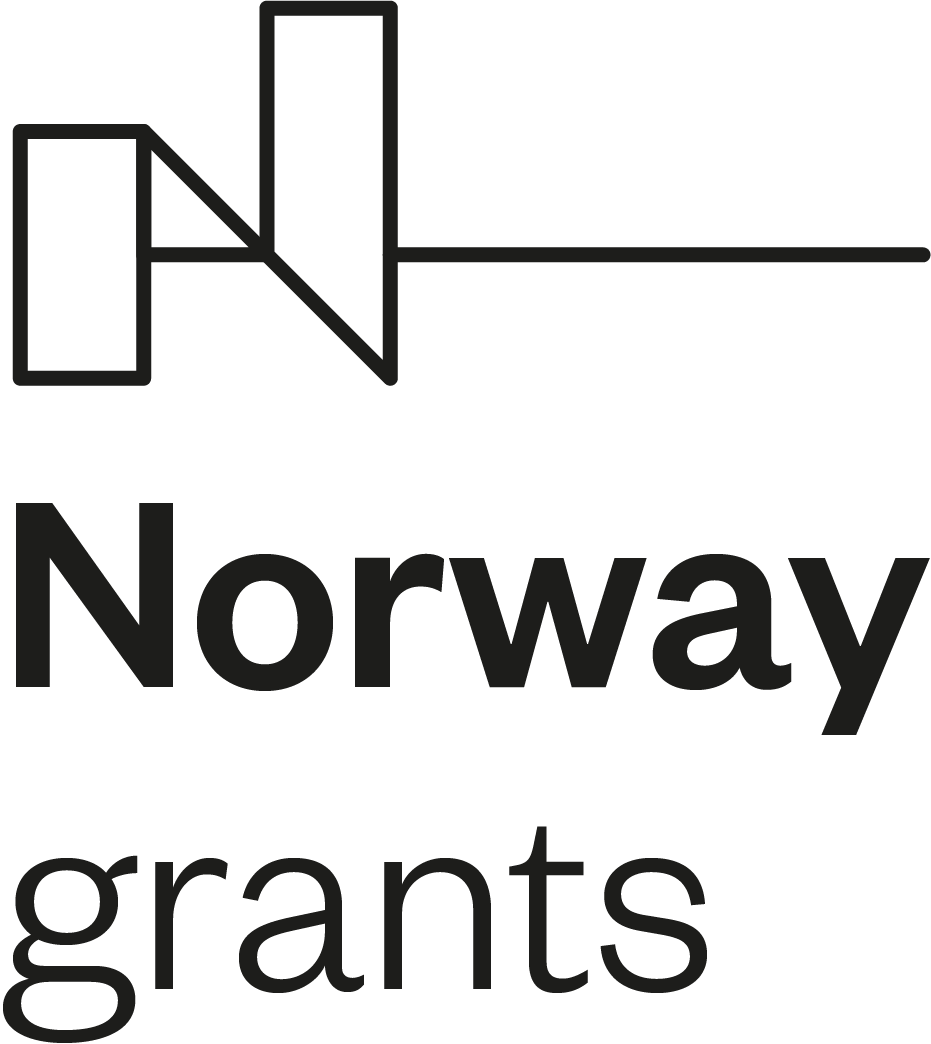Woman, Life, Freedom - daily life and social involvement of Kurdish women in Kurdistan and the Diaspora
We have pleasure to invite you to the Manggha Museum of Japanese Art and Technology to the exhibition Women, life, freedom - daily life and social involvement of Kurdish women in Kurdistan and the diaspora which will take place between 08-22.10.2023. The exhibition will be accompanied by a series of other events which will take place in Manggha Museum, The Ethnographic Museum in Kraków and online. See the below programme.
Programme:
8.10. 4 PM, Opening of the exhibition Women, life, freedom - daily life and social involvement of Kurdish women in Kurdistan and the diaspora, Manggha Museum
Read more about the exhibition
10.10. 6 PM, panel discussion Women, life, freedom: Cultural and ecological activism of Kurdish women with the participation of the ALCITfem members (in English) /Manggha Museum
17.10, 11 AM Online Lecture by Prof. Akihiko Yamaguchi (Sophia University, Tokyo) entitled Urban Evolution in Iranian Kurdistan during the Early Modern Era: Shift from Mountain Strongholds to Flatland Cities
Abstract: During the late Safavid period, several major Kurdish cities in Iran, including Mahabad, Sanandaj, and Kermanshah, were either constructed or rebuilt. Prior to this period, Kurdish amirs in southeastern Kurdistan predominantly maintained their fortresses on mountaintops. However, various factors, including the centralization of the Safavid government, prompted a transformative shift in the mid-seventeenth century when they began establishing their capitals on the plains. This strategic change played a pivotal role in the political integration of the Kurdish region into Iran. This presentation will primarily focus on Sanandaj among these cities and aims to delve into the historical background, influencing factors, and the intricate process of urban development in Kurdistan under Safavid rule.
Time: Oct 17, 2023 11:00 AM CET
Join Zoom Meeting
Meeting ID: 814 7860 3922
Passcode: 6scRsR
18.10, 6PM, Meeting with Kurdish photographer Ebrahim Alipoor and presentation of his album Pir Shalyar/ The Ethnographic Museum in Kraków
Ebrahim Alipoor is a Kurdish photographer from Iranian Kurdistan (Rojhelat). His album of photography presents the dervishes from Rojhelat; it was published under the patronage of Asia and Pacific Museum and Section of Kurdish Studies of the Jagiellonian University. Ebrahim Alipoor will present also his other pictures from multiple journeys around Iran and Asia.
19.10, 6 PM, Angels of Sinjar - screening of the film by Hanna Polak and discussion with the director Hanna Polak/ Manggha Museum
Angels of Sinjar (Poland, Germany, 2022), by Hanna Polak, is a film about the Yezidi genocide and at the same time a heartrending cry for justice. An exposé of a terrible crime against humanity, it reveals the horrors of a forgotten genocide and a people who are denied all of their rights—but it’s also a testament to their hope, courage and strength.
Hanna Polak is a Polish director, cinematographer and producer. For her short documentary film, The Children of Leningradsky, about a community of homeless children living in the Leningradsky railway station in Moscow, she was nominated for an Academy Award and an Emmy Award. In 2003, she was awarded Best Producer of Documentary Movies at the Kraków Film Festival for Railway Station Ballad. Making Angels of Sinjars took her six years of often very dangerous efforts and hard work.
Organisers:
Manggha Museum of Japanese Art and Technology
Section of Kurdish Studies of the Jagiellonian University in the scope of ALCITfem project
The Ethnographic Museum in Kraków






